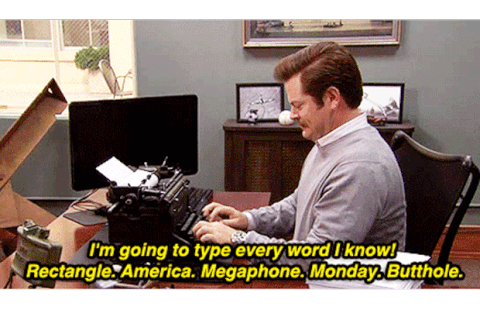
What Is Good Writing?
I’ve been reviewing books informally on my blog for almost 10 years now, and I’ve gotten pretty good at determining whether a plot or characters work—or at least whether they work for me. Sometimes, I can acknowledge that a story is flawed but recognize that I don’t mind. And sometimes I can find a reason for elements that others consider flaws. Then there are the times when some minor point in the story sets me off and makes it impossible for me to like a book, even though the flaw really is trivial in the grand scheme of things. When this is what’s going on, I typically know and understand it.
But I still stumble when it comes to analyzing whether a book’s writing is any good.
Most books published today are going to be relatively free of actual unintentional grammatical and spelling errors. Even if I note a typo or three, I’m not going to hold it against a book. For one thing, I’m a professional copyeditor, so my eye is trained to notice. Plus, years in the copyediting business has shown me that even good editors can have an off day and miss a mistake. So that’s not what I’m thinking of when I think of good writing. I’m thinking of how the writer chooses to use language.
To some degree, good writing is subjective. I tend to prefer crisp, clean language that doesn’t draw attention to itself. But, that said, I can think of many exceptions to that general preference. I love 19th-century literature, where the vocabulary and sentence structure tend to be more complex than in contemporary prose. And I adore the linguistic play of José Saramago. In those cases, however, the writing feels natural to the author. There’s no sense that the writer was groping for metaphors or searching the thesaurus for more complex words. Although I know effortless language often requires great effort, I don’t like it when I can see the effort.

Good typing of many words is not necessarily good writing.
This question came to my mind after reading Yaa Gyasi’s marvelous debut novel, Homegoing. This was a book whose language felt both natural and distinctive. It wasn’t just a workmanlike story-delivery medium. Gyasi uses metaphor and imagery, but it all feels like it belongs in this story. It’s not just thrown in to dazzle readers.
So I can feel comfortable calling Homegoing good writing, even excellent writing. But even as I say that, I’m suspect there are people who would find it overdone and clunky, just as I’ve been unimpressed with the writing in books whose prose others have praised. Still, I think when I praise a book’s writing, I’ll be praising it for being like Homegoing, for having a noticeable style that feels natural and true to the story. What exactly such writing will look like is going to vary from book to book.


